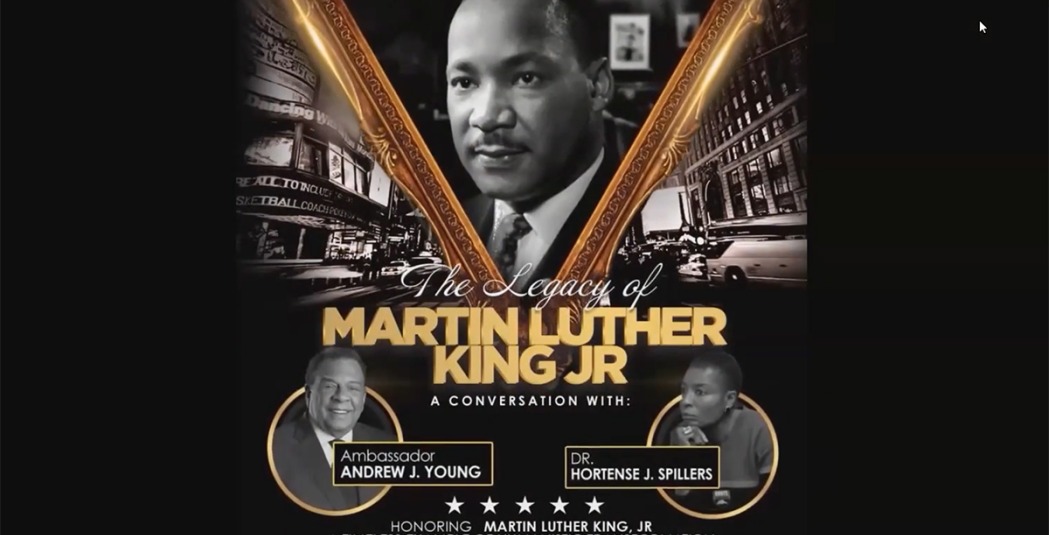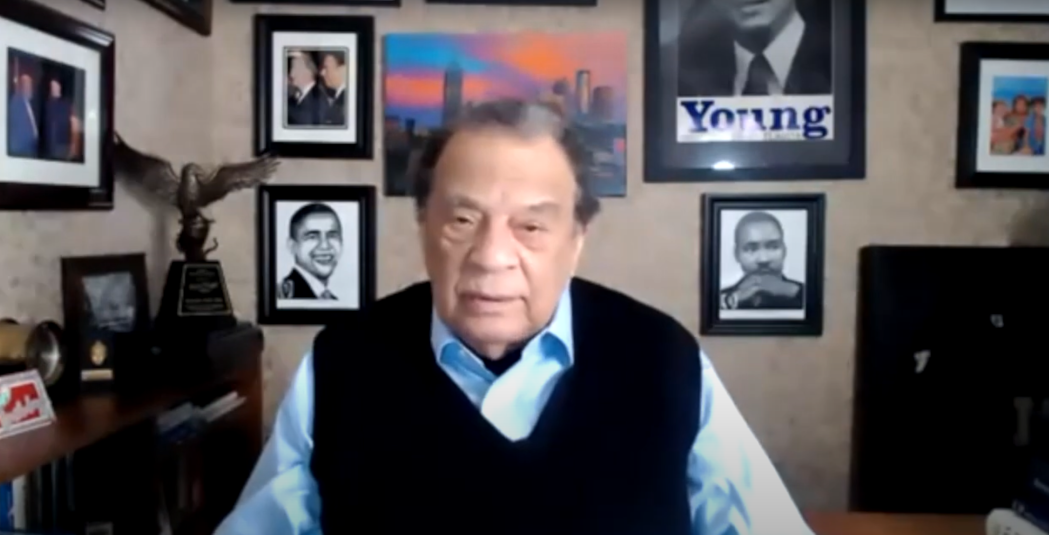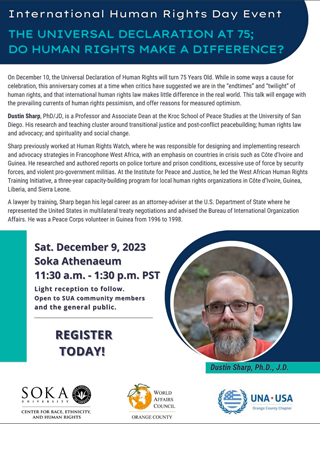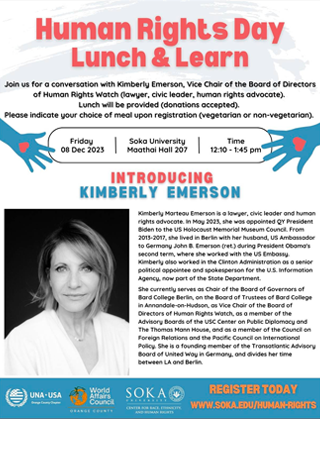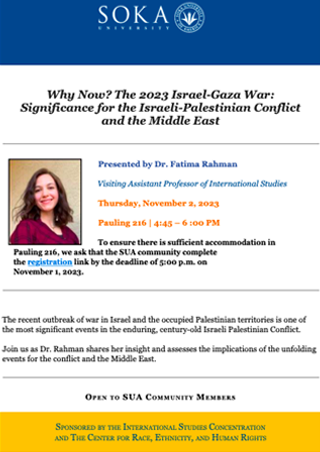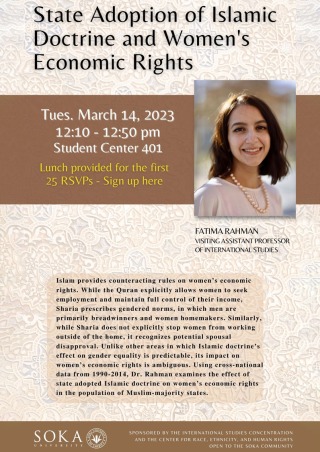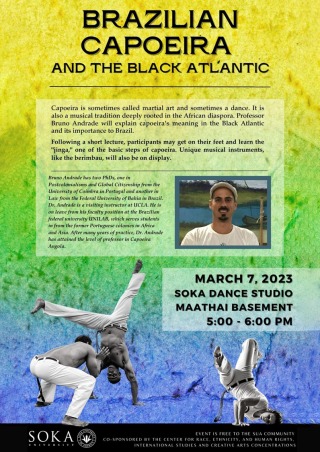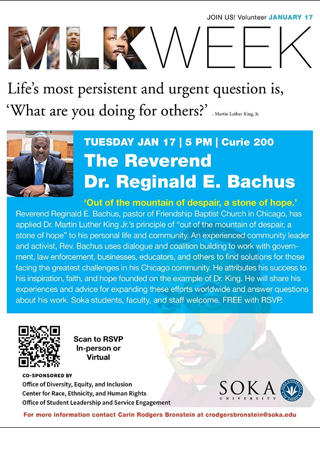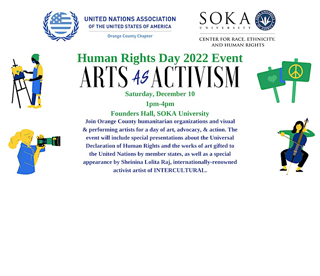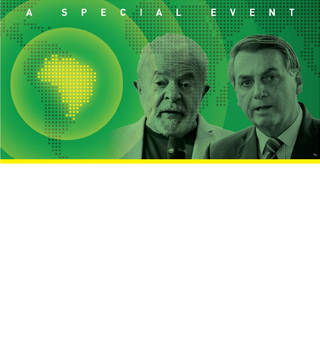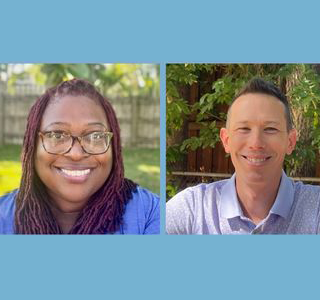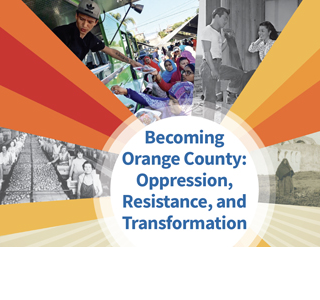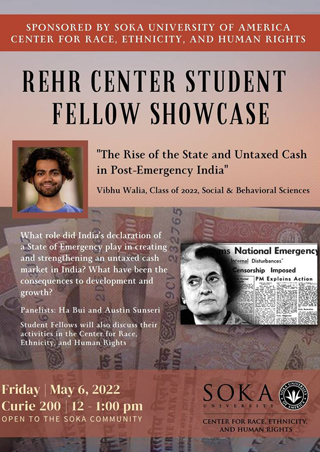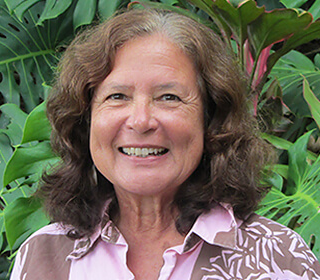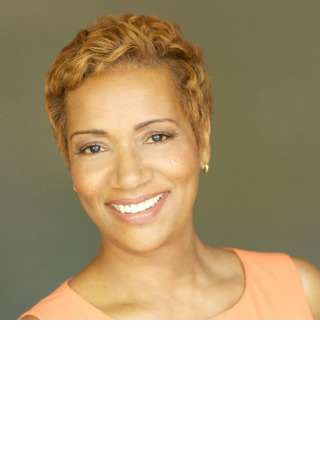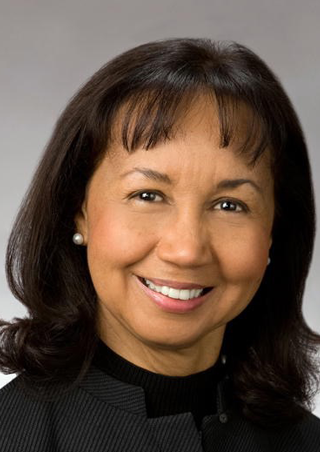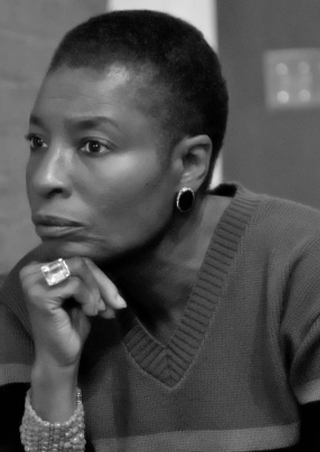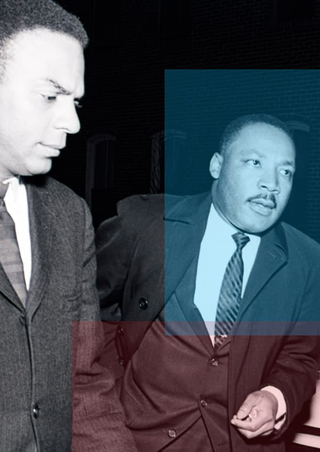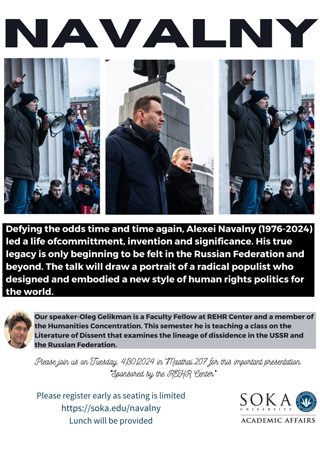
Past Events
NAVALNY
Oleg Gelikman, PhD
30 April 2024
Defying the odds time and time again, Alexei Navalny (1976-2024) led a life of commitment, invention, and significance. His true legacy is only beginning to be felt in the Russian Federation and beyond. The talk will draw a portrait of a radical populist who designed and embodied a new style of human rights politics for the world.
Our speaker, Oleg Gelikman, is a Faculty Fellow at REHR Center and a member of the Humanities Concentration. This semester he is teaching a class on the Literature of Dissent that examines the lineage of dissidence in the USSR and the Russian Federation.
International Human Rights Day Event | The Universal Declaration at 75; Do Human Rights Make a Difference?
Dustin Sharp, PhD, JD
9 December 2023
On December 10, the Universal Declaration of Human Rights will turn 75 years old. While in some ways a cause for celebration, this anniversary comes at a time when critics have suggested we are in the “endtimes” and “twilight” of human rights, and that international human rights law makes little difference in the real world. This talk will engage with the prevailing currents of human rights pessimism, and offer reasons for measured optimism.
Dustin Sharp, PhD/JD, is a Professor and Associate Dean at the Kroc School of Peace Studies at the University of San Diego. His research and teaching cluster around transitional justice and post-conflict peacebuilding; human rights law and advocacy; and spirituality and social change.
Sharp previously worked at Human Rights Watch, where he was responsible for designing and implementing research and advocacy strategies in Francophone West Africa, with an emphasis on countries in crisis such as Côte d’Ivoire and Guinea. He researched and authored reports on police torture and prison conditions, excessive use of force by security forces, and violent pro-government militias. At the Institute for Peace and Justice, he led the West African Human Rights Training Initiative, a three-year capacity-building program for local human rights organizations in Côte d’Ivoire, Guinea, Liberia, and Sierra Leone.
A lawyer by training, Sharp began his legal career as an attorney-adviser at the U.S. Department of State where he represented the United States in multilateral treaty negotiations and advised the Bureau of International Organization Affairs. He was a Peace Corps volunteer in Guinea from 1996-1998.
Human Rights Day Lunch & Learn
Kimberly Emerson
8 December 2023
Join us for a conversation with Kimberly Emerson, Vice Chair of the Board of Directors of Human Rights Watch (lawyer, civic leader, human rights advocate).
Kimberly Marteau Emerson is a lawyer, civic leader and human rights advocate. In May 2023, she was appointed QY President Biden to the US Holocaust Memorial Museum Council. From 2013-2017, she lived in Berlin with her husband, US Ambassador to Germany John B. Emerson (ret.) during President Obama’s second term, where she worked with the US Embassy. Kimberly also worked in the Clinton Administration as a senior political appointee and spokesperson for the U.S. Information Agency, now part of the State Department.
She currently serves as Chair of the Board of Governors of Bard College Berlin, on the Board of Trustees of Bard College in Annandale-on-Hudson, as Vice Chair of the Board of Directors of Human Rights Watch, as a member of the Advisory Boards of the USC Center on Public Diplomacy and The Thomas Mann House, and as a member of the Council on Foreign Relations and the Pacific Council on International Policy. She is a founding member of the Transatlantic Advisory Board of United Way in Germany, and divides her time between LA and Berlin.
Why Now? The 2023 Israel-Gaza War: Significance for the Israeli-Palestinian Conflict and the Middle East
Fatima Rahman, PhD (SUA)
2 November 2023
The recent outbreak of war in Israel and the occupied Palestinian territories is one of the most significant events in the enduring, century Israeli Palestinian Conflict.
Join us as Dr. Rahman shares her insight and assesses the implications of the unfolding events for the conflict and the Middle East.
State Adoption of Islamic Doctrine and Women’s Economic Rights
Fatima Rahman, PhD (SUA)
14 March 2023
Islam provides counteracting rules on women’s economic rights. While the Quran explicitly allows women to seek employment and maintain full control of their income, Sharia prescribes gendered norms, in which men are primarily breadwinners and women homemakers. Similarly, while Sharia does not explicitly stop women from working outside of the home, it recognizes potential spousal disapproval. Unlike other areas in which Islamic doctrine’s effect on gender equality is predictable, its impact on women’s economic rights is ambiguous. Using cross-national data from 1990-2014, Dr. Rahman examines the effect of state adopted Islamic doctrine on women’s economic rights in the population of Muslim-majority states.
Brazilian Capoeira and the Black Atlantic
Bruno Andrade (UCLA Professor)
7 March 2023
Capoeira is sometimes called martial art and sometimes a dance. It is also a musical tradition deeply rooted in the African diaspora. Professor Bruno Andrade will explain capoeira’s meaning in the Black Atlantic and its importance to Brazil.
Following a short lecture, participants may get on their feet and learn the “jinga,” one of the basic steps of capoeira. Unique musical instruments, like the berimbau, will also be on display.
Bruno Andrade has two PhDs, one in Postcolonialisms and Global Citizenship from the University of Coimbra in Portugal and another in Law from the Federal University of Bahia in Brazil. Dr. Andrade is a visiting instructor at UCLA. He is on leave form his faculty position at the Brazilian federal university UNILAB, which serves students in from the former Portuguese colonies in Africa and Asia. After many years of practice, Dr. Andrade has attained the level of professor in Capoeira Angola.
MLK Week 2023
The Reverend Dr. Reginald E. Bachus
17 January 2023
‘Out of the mountain of despair, a stone of hope.’ Reverend Reginald E. Bachus, pastor of Friendship Baptist Church in Chicago, has applied Dr. Martin Luther King Jr.’s principle of “out of the mountain of despair, a stone of hope” to his personal life and community. An experienced community leader and activist, Rev. Bachus uses dialogue and coalition building to work with government, law enforcement, businesses, educators, and others to find solutions for those facing the greatest challenges in his Chicago community. He attributes his success to his inspiration, faith, and hope founded on the example of Dr. King. He will share his experiences and advice for expanding these efforts worldwide and answer questions about his work.
Human Rights Day 2022 Event, “Arts as Activism”
10 December 2022
Presented by the United Nations Association of The United States of America, OC Chapter, in Partnership with Soka University of America’s Center for Race, Ethnicity, and Human Rights.
Join Orange County humanitarian organizations and visual & performing artists for a day of art, advocacy, & action. The event will include special presentations about the Universal Declaration of Human Rights and the works of art gifted to the United Nations by member states, as well as a special appearance by internationally renowned activist artist of INTERCULTURAL, Sheinina Lolita Raj.
Is Democracy at Stake? Brazil’s Electoral Battles
Ambassador Todd Chapman, Former U.S. Ambassador to Brazil 2020-2021 and Professor Paulo Nogueira Batista, Jr., Former Brazilian Executive Director at the IMF
3 November 2022
Presented by The World Affairs Council of Orange County in Partnership with Soka University of America’s International Studies Concentration & The Center for Race, Ethnicity, and Human Rights.
Left vs. Right in Brazil. Former president Luiz Inácio “Lula” da Silva vs. incumbent President Jair Bolsonaro. Can Brazil’s 33-year-old democracy contain the clash of these populist titans, a proliferation of threats, and digital misinformation? What will the country’s new (or renewed) government mean for a divided Brazilian society? Will we see a change in U.S.-Brazil relations? Such electoral battles and polarization are hardly Brazil’s alone.
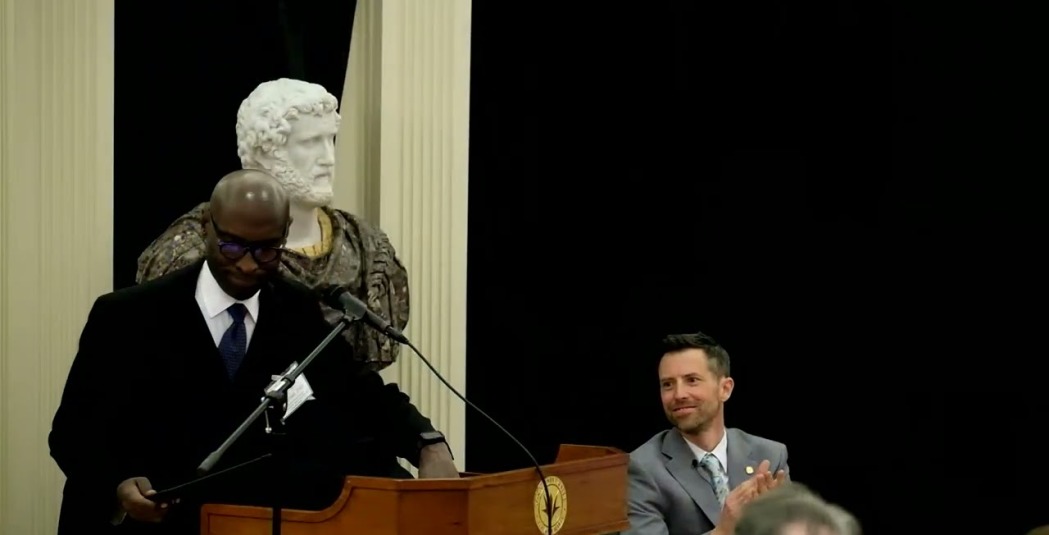
Public Health Histories in Brazil and Mexico
Dr. Okezi T. Otovo and Dr. Jonathan M. Weber
26 October 2022
An exclusive conversation with two leading historians of public health.
Dr. Okezi T. Otovo is Associate Professor of History and African and African Diaspora Studies and Affiliate Faculty of the Kimberly Green Latin American and Caribbean Center and of the Center for Women’s and Gender Studies at Florida International University.
Dr. Jonathan Weber is a teacher and independent scholar living in Dallas, Texas. He received his Ph.D. from the Department of History at Florida State University in 2013 and has worked in a wide range of archives in the United States and Mexico.
Becoming Orange County: Oppression, Resistance, and Transformation
SPEAKERS from the book A People’s Guide to Orange County: Elaine Lewinnek, Professor of American Studies at CSU Fullerton; Gustavo Arellano, Columnist for the Los Angeles Times; Thuy Vo Dang, Curator for the Southeast Asian Archive at UCI
13 September 2022
Orange County is more than images on orange crate labels, high-profile amusement parks, or beaches. It is a unique site of agricultural and suburban history, political conservatism in a liberal state, and more diversity and discordance than is portrayed in pop culture. We will discuss who gets to claim Orange County’s image, exposing the extraordinary stories embedded in the ordinary neighborhoods that surround and include Soka University.
REHR Center Student Fellow Showcase Featuring Vibhu Walia, Class of 2022, Social & Behavioral Sciences
6 May 2022
Capstone/Research Presentation on, “The Rise of the State and Untaxed Cash in Post-Emergency India” What role did India’s declaration of a State of Emergency play in creating and strengthening an untaxed cash market in India? What have been the consequences to development and growth?
Panelists: Ha Bui and Austin Sunseri, SUA Class of 2022
Student Fellows will also discuss their activities in the Center for Race, Ethnicity, and Human Rights.
Building a Curriculum in Race, Ethnicity, and Justice at SUA
Moderated by Davianna Pomaika’i McGregor, PhD, Professor of Ethnic Studies, Director, Center for Oral History - University of Hawai’i, Manoa
16 February 2022
Student Forum to renew dialogue on curriculum change. Co-sponsored by SUA’s Center for Race, Ethnicity, and Human Rights and the Executive Vice President of Academic Affairs
UNESCO International Holocaust Remembrance Day | Museum of Tolerance of Los Angeles Virtual Tour and Survivor Lecture
27 January 2022
Join us to commemorate UNESCO International Holocaust Remembrance Day with a virtual tour of the Museum of Tolerance and a Holocaust survivor lecture.
Virtual screening and discussion of the documentary film The Powerbroker: Whitney Young’s Fight for Civil Rights with Bonnie Boswell
Ms. Bonnie Boswell, Exec Prod Bonnie Boswell Reports on PBS NewsHour Weekend on PBS SoCal
14 January 2022
The Soka University of America Center for Race, Ethnicity, and Human Rights presents a virtual zoom event to commemorate Martin Luther King Day. Martin Luther King Jr., a transcendent leader of the American civil rights movement, advanced civil rights through nonviolence and civil disobedience, inspired by his Christian beliefs and the nonviolent activism of Mahatma Gandhi.
Bonnie Boswell will lecture and answer questions on the American civil rights movement and her family’s contributions. She is the niece of renowned peacemaker Whitney Young, known as the “Inside Man” of the Civil Rights Movement – and was an advisor to three US presidents and leaders of the industry. Ms. Boswell is the executive producer of the award-winning film, which was originally broadcast on PBS’ Independent Lens. It was also presented by First Lady Michelle Obama and screened at the White House.
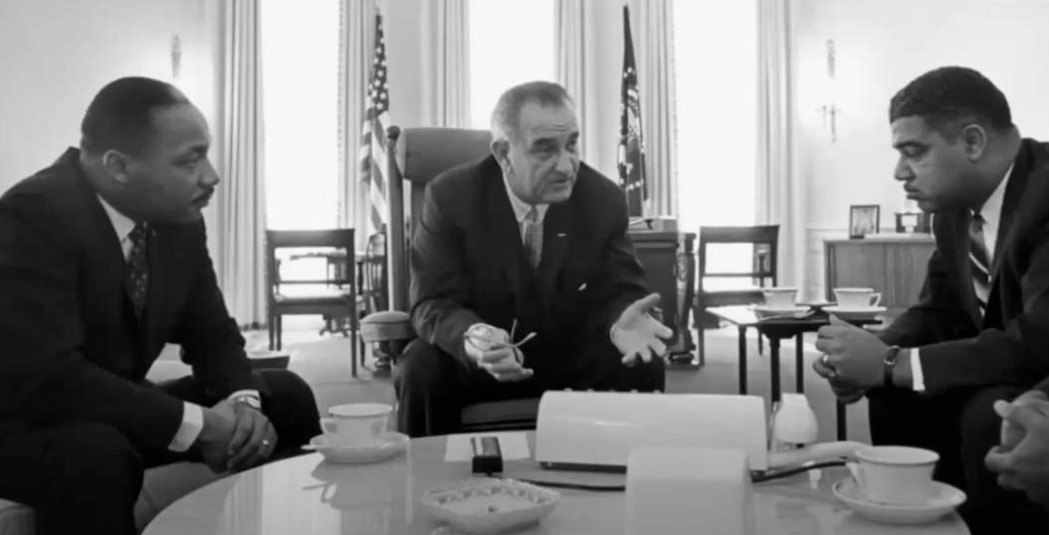
Building a Curriculum in Race, Ethnicity, and Justice at SUA
Moderated by Dr. Rita Roberts, Rita Roberts is the Nathaniel Wright Stephenson Professor of History and Biography at Scripps College and Professor of Africana Studies at the Claremont Colleges
10 November 2021
Rita Roberts is the Nathaniel Wright Stephenson Professor of History and Biography at Scripps College and Professor of Africana Studies at the Claremont Colleges. She is the author of Evangelicalism and the Politics of Reform in Northern Black Political Thought, 1776-1863 (LSU Press, 2010) and I Can’t Wait to Call You My Wife: African American Correspondence in the Civil War Era (Chronicle Books, 2022). Now transitioning to retirement, Professor Roberts is currently researching the role of race in the history of the U.S. asylums from the mid to late nineteenth century. This new topic reflects her continued interest in nineteenth-century U.S. history, particularly African American experience.
Stopping Military Use of Kaho’olawe: Reconnecting With the Sacred
Davianna Pomaika’i McGregor, PhD, Professor of Ethnic Studies, Director, Center for Oral History - University of Hawai’i, Manoa
21 September 2021
As Native Hawaiians organized to stop use of the island of Kanaloa Kaho‘olawe for live-fire training exercises by the U.S. Navy, a reconnection was made with the wisdom of Hawaiian elders and ancestors about how the island was historically a sacred center for astronomy and navigation. Great courage, determination and compassion was demonstrated until all military use ceased and the island could start to heal.
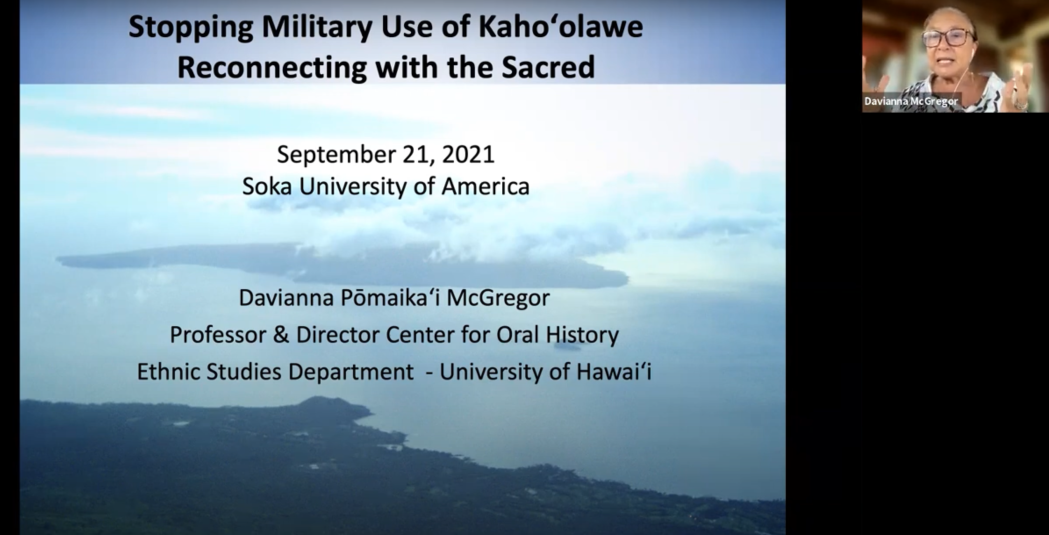
“Afropessimism and Its Others”
Dr. Hortense J. Spillers
17 May 2021
Afropessimism is one of the leading paradigms of thought in contemporary Africa-American inquiry; in fact, it would appear that in its pervasiveness, it names and comprehends thought movements in this field that run at odds with its own assumptions; this lecture aims to advance a few beginning observations of this mode of interrogation in the interest of taking a systematic look at Afropessimism and some of its conceptual predecessors.
Hortense J. Spillers is the Gertrude Conaway Vanderbilt Professor of English at Vanderbilt University. Since Dr. Spillers received her PhD from Brandeis, she has taught at Wellesley College, Haverford College, Emory, and Cornell Universities. She has also served as a guest professor in the Program in Literature at Duke University during the academic year 2002-03 and for two consecutive years during tri-semester terms at the John F. Kennedy Center for North American Studies at the Free University in Berlin, Germany, 2000 and 2001. Dr. Spillers was a recipient of numerous honors and awards, among them, grants from the Rockefeller Foundation and the Ford Foundation. She has been a fellow at the National Humanities Center, Research Triangle, and the Center for the Study of the Behavioral Sciences, Palo Alto. While at Haverford, Dr. Spillers was chair of the English Department for two years. She then moved to Cornell University and joined the Norton projects by serving as one of the period editors of the Norton Anthology of African-American Literature.
Moderated by Lewis R. Gordon
Gordon is Professor and Head of the Department of Philosophy at UCONN-Storrs; Honorary President of the Global Center for Advanced Studies; Visiting Professor at the University of Johannesburg, South Africa; and Honorary Professor in the Unit for the Humanities at Rhodes University, South Africa. He previously taught at Brown University, where he founded the Department of Africana Studies, and Temple University, where was the Laura H. Carnell Professor of Philosophy and founder of the Center for Afro-Jewish Studies and the Institute for the Study of Race and Social Thought. He co-edits with Jane Anna Gordon the journal Philosophy and Global Affairs, the Rowman & Littlefield book series Global Critical Caribbean Thought, and, with Rozena Maart, Epifania Amoo-Adare, and Sayan Dey, the Routledge-India book series Academics, Politics and Society in the Post-Covid World. He is the author of many books, including Freedom, Justice, and Decolonization (Routledge, 2021) and the forthcoming 论哲学、去殖民化与种族 (“On Philosophy, Decolonization, and Race”), trans. Li Beilei (Wuhan, China: Wuhan University Press, fall 2021) and Fear of Black Consciousness (Farrar, Straus and Giroux in the USA and Penguin Book in the UK; German translation, Ullstein Verlag in Germany; Portuguese translation, Todavia in Brazil, forthcoming 2022).
Co-sponsored by the Center for Race, Ethnicity, and Human Rights and SUA Alumni Association (Sohokai)
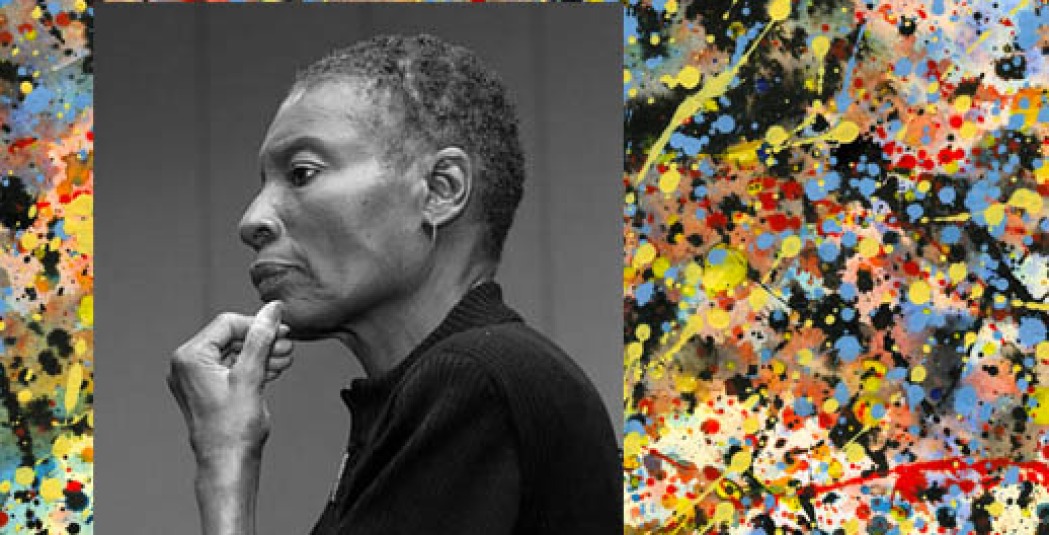
The Magnificent Marsalis American Jazz Family with Delfeayo Marsalis
18 March 2021
A compassionate family is the cradle for creativity, wisdom, and courage. Join us to hear the story of jazz as it has emerged in the Marsalis family, the multi-generational New Orleanian music dynasty, as told by its master trombonist, Delfeayo Marsalis. How can the power of jazz weave together our great American family and unite a nation for peace?
Moderated by moderated by master jazz engineer and SUA professor Jim Merod, and Kevin Moncrief, vice president, Mission Integration, co-director of the Center for Race, Ethnicity, and Human Rights, and adjunct instructor.
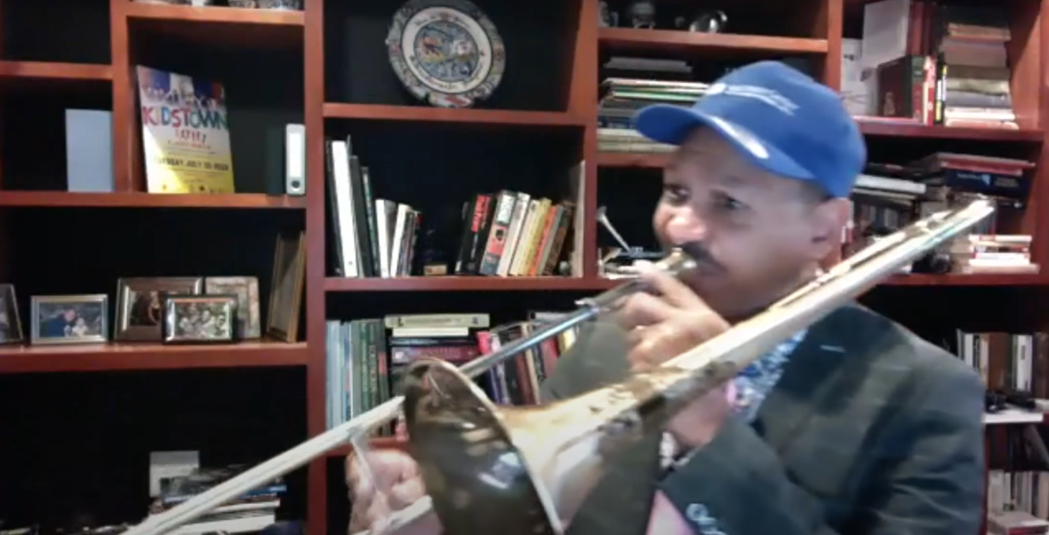
Soka University Discussion: On “Imagining the Mulatta: Blackness in US and Brazilian Media”
3 March 2021
Investigating the development and exploitation of the mulatta figure in Brazilian and US popular culture, Dr. Jasmine Mitchell draws on a wide range of case studies, analyzing policy debates and revealing the use of mixed-black female celebrities as subjects of racial and gendered discussions. Mitchell also unveils the ways the media moralizes about the mulatta figure and uses her as an example of an “acceptable” version of blackness that at once dreams of erasing undesirable blackness while maintaining the qualities that serve as outlets for interracial desire.
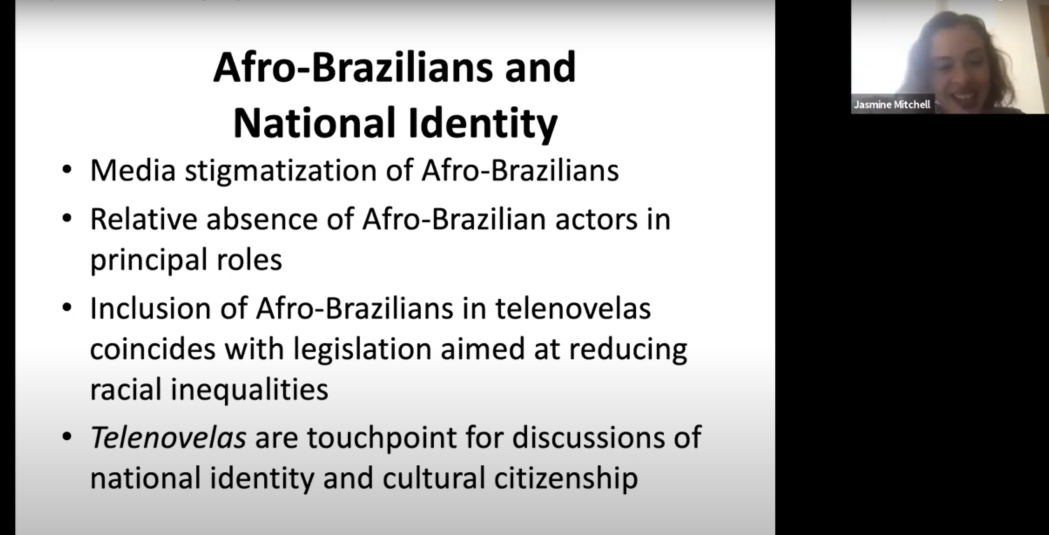
Soka University Discussion: “Halfway Home: Race, Punishment and the Afterlife of Mass Incarceration”
16 February 2021
A poignant and eye-opening call to arms informed by Dr. Reuben Jonathan Miller’s 15 years of research and practice and his experience as the son and brother of incarcerated men, and Jhody Polk’s experience as a formerly incarcerated activist who has worked for years to restore the rights of formerly incarcerated people. Explore the stories of the men, women, and communities fighting against a system that is designed for them to fail. Based on Miller’s forthcoming book “Halfway Home,” learn how laws, rules, and regulations extract a tangible cost not only from those working to rebuild their lives, but also our democracy.
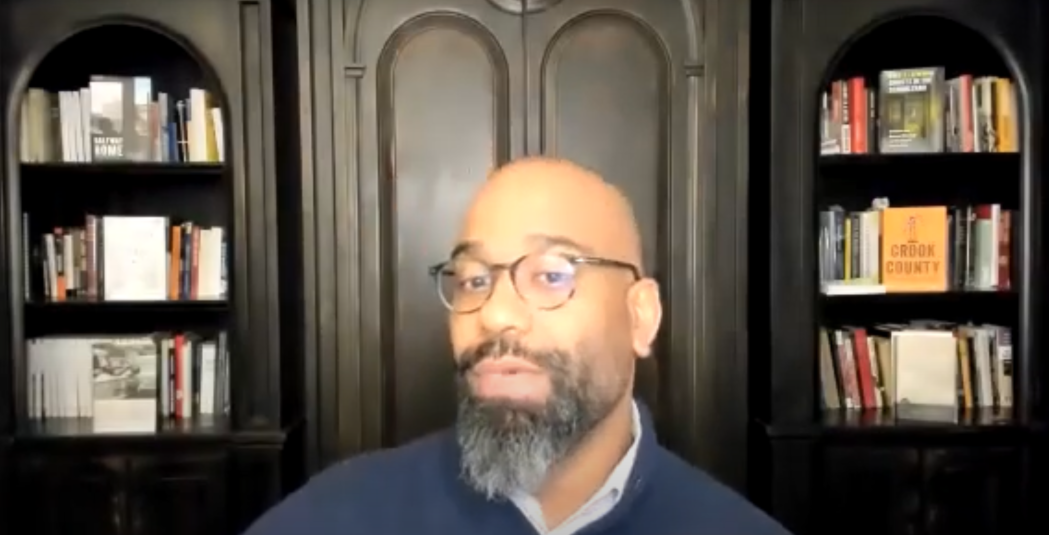
Honoring Martin Luther King Jr.: A Conversation with Guest Speakers: Ambassador Andrew J. Young and Dr. Hortense J. Spillers
22 January 2021
Speaking from a hallowed spot in the National Mall in Washington D.C. in 1963, Dr. Martin Luther King Jr. called for a world in which “justice rolls down like waters, and righteousness like a mighty stream.” We reflect on Dr. King’s dream in the spirit of faith and hope for the world’s future. As a new American administration is sworn in this month, we can also strive for a new era of racial, ethnic, and human rights. We commemorate Dr. King’s birthday with Ambassador Andrew J. Young and Dr. Hortense J. Spillers. In reflecting upon Dr. King’s timeless example of humanistic transformation, these honored guests will deepen our understanding of the current moment and find hope for a better tomorrow.
Ambassador Andrew J. Young has earned worldwide recognition as a pioneer and champion of civil and human rights. Young’s lifelong dedication to service is illustrated by his extensive leadership experience of over 65 years, serving as a member of Congress, US Ambassador to the United Nations, mayor of Atlanta, and ordained minister, among other positions. During the 1960s, Young was a key strategist and negotiator during civil rights campaigns that led to the passage of the Civil Rights Act of 1964 and the Voting Rights Act of 1965.
Appointed as ambassador to the United Nations in 1977, Young negotiated an end to white-minority rule in Namibia and Zimbabwe and brought President Jimmy Carter’s emphasis on human rights to international diplomacy efforts. Later, as two-term mayor of Atlanta, Young generated over a million jobs and brought in more than 1,100 businesses, and $70 billion in foreign direct investments. Young has received honorary degrees from more than 100 universities and colleges in the US and abroad and has received various awards, including an Emmy Lifetime Achievement award in 2011 and the Dan Sweat Award in 2017. His portrait is part of the permanent collection of the Smithsonian National Portrait Gallery. Ambassador Young also serves on a number of boards, including the Martin Luther King Center for Non-Violent Social Change, Morehouse College, Andrew Young School of Policy Studies at Georgia State, and Americas-Mart. In 2003, he and his wife Carolyn McClain Young founded the Andrew J. Young Foundation to support and promote education, health, leadership, and human rights in the US, Africa, and the Caribbean. Young currently serves as the chairman of the Andrew J. Young Foundation. In 2012, Young retired from GoodWorks International, LLC, after well over a decade of facilitating sustainable economic development in the business sectors of the Caribbean and Africa. Young was born in 1932 in New Orleans, and he currently lives in Atlanta with his wife, who serves as vice chair of the Andrew J. Young Foundation. He is also a father of three daughters and one son, a grandfather of nine and a great grandfather of one. Dr.
Hortense J. Spillers received her PhD from Brandeis. She has taught at Wellesley College, Haverford College, Emory University, and Cornell University. She is currently the Gertrude Conaway Vanderbilt Professor at Vanderbilt University. She has also served as a guest professor in the Program in Literature at Duke University during the 2002-03 academic year and for two consecutive years during tri-semester terms at the John F. Kennedy Center for North American Studies at the Free University in Berlin, Germany in 2000 and 2001. Dr. Spillers is a recipient of numerous honors and awards, including grants from the Rockefeller Foundation and the Ford Foundation. She has been a fellow at the National Humanities Center, Research Triangle, and the Center for the Study of the Behavioral Sciences, Palo Alto. While at Haverford College, Dr. Spillers was chair of the English Department for two years. She then moved to Cornell University and joined the Norton projects by serving as one of the period editors of the Norton Anthology of African American Literature.
